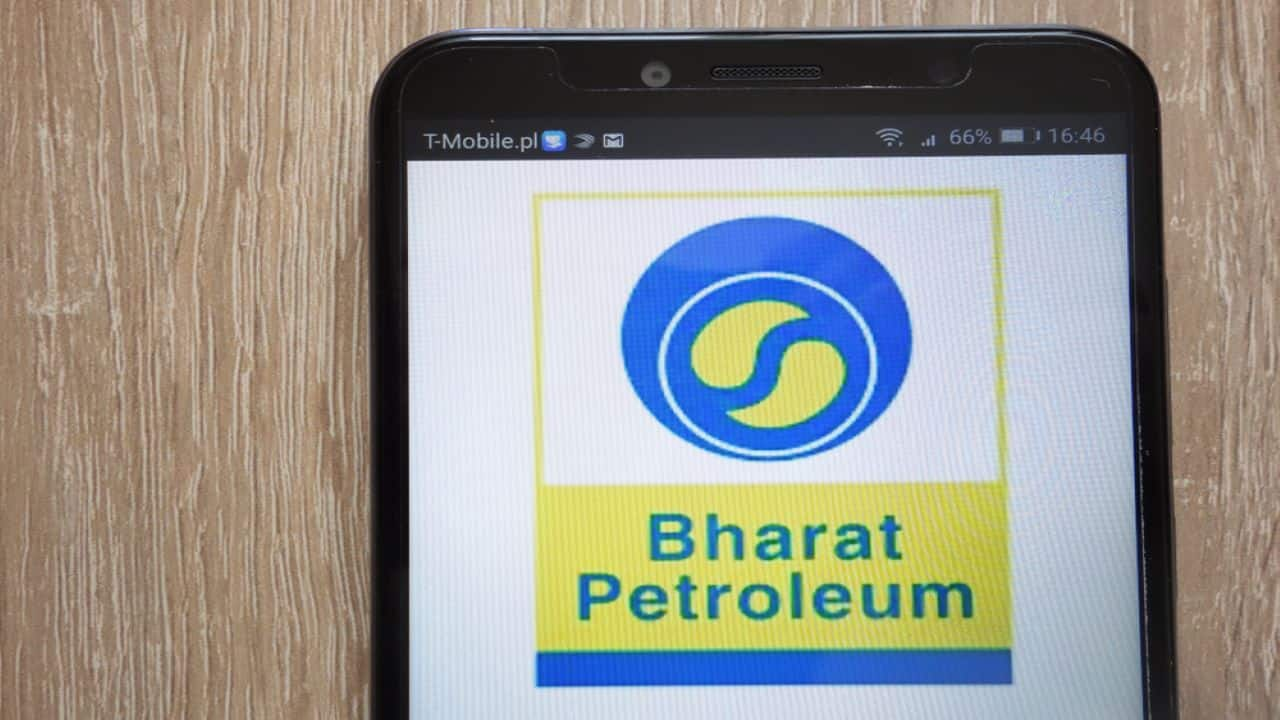 |
|
Bharat Petroleum Corporation Limited (BPCL), a major Indian oil and gas company, is currently navigating the complexities arising from the sanctions imposed on Russia. The company's Chairman and Managing Director, G Krishnakumar, recently stated in a CNBC-TV 18 interview that while these sanctions will cause some short-term disruptions to BPCL's operations, the impact is expected to be relatively minor and temporary. Krishnakumar anticipates that the supply chain challenges will only last for one to two months, with a full stabilization of the situation projected within two to three months. This assessment underscores BPCL's proactive approach to mitigating potential risks associated with the geopolitical instability stemming from the ongoing conflict in Ukraine.
A key element of BPCL's response strategy is the rebalancing of its crude oil procurement strategy. Currently, a substantial 35% of BPCL's crude oil mix is sourced from Russia. To alleviate the dependence on Russian crude and counteract potential future supply issues, BPCL is actively diversifying its sourcing, placing a greater emphasis on securing crude oil from the Middle East and the United States. This shift is a strategic decision aimed at ensuring the continuity of BPCL's operations and minimizing the impact of any future sanctions or supply chain disruptions. Krishnakumar noted that comments from former US President Donald Trump regarding increased domestic drilling activity suggest there is less likelihood of significant long-term supply constraints in the global oil market. This perception influences BPCL's confidence in its ability to navigate the current challenges.
Despite the proactive measures taken, BPCL anticipates incurring a premium of $2–$3 per barrel of crude oil in the short term. This added cost is directly attributable to the current market dynamics and the adjustments needed to adapt to the changing geopolitical landscape. However, BPCL is confident that this premium will be offset over the course of the fiscal year, ensuring that the overall financial impact will be manageable. This financial projection reflects BPCL's long-term outlook and its belief in the resilience of the global oil market.
The financial performance of BPCL has shown signs of improvement despite the challenges. The company's gross refining margin (GRM) saw a sequential increase from $4.4 per barrel in the second quarter to $5.6 per barrel in the December quarter. While this improvement is encouraging, it fell slightly short of analysts’ expectations. Nonetheless, BPCL maintains an ambitious target of achieving a GRM of $6.5 per barrel for the fiscal year 2025. This target demonstrates BPCL's confidence in its operational efficiency and its ability to optimize its refining processes to maximize profitability.
Looking ahead, BPCL forecasts that crude oil prices will stabilize in the $75–$80 per barrel range in the long term. This projection is based on the company's internal analysis of current market trends and the potential impact of various geopolitical factors. At the current price level of approximately $80 per barrel, BPCL anticipates that any previous inventory losses could be reversed if prices remain stable. Moreover, the company is not anticipating a significant spike in crude oil prices before March. This relatively stable outlook provides a degree of certainty for BPCL's financial planning and investment decisions.
One significant challenge faced by BPCL is the issue of under-recoveries, particularly in the LPG sales segment. The company currently faces an under-recovery of approximately Rs 7,200 crore (approximately $870 million USD, as of October 26, 2023 exchange rate). This loss is due to the difference between the market price of LPG and the subsidized price at which it is sold to consumers. BPCL is hopeful that the government will provide financial support to offset these losses. While the government is expected to announce some form of relief by the end of March, the extent of this support remains uncertain. Krishnakumar acknowledged that BPCL may not receive full compensation and is preparing to manage any remaining shortfall internally. This underscores the complexities of operating in a market where government subsidies and pricing policies can significantly impact profitability.
The impact of lower marketing margins and losses from LPG sales was evident in BPCL's Q3 profit. According to a stock exchange filing, the revenue loss on LPG sales below market rates amounted to approximately Rs 7229 crore. This emphasizes the significant financial pressure on BPCL related to LPG pricing policies. Despite these challenges, BPCL remains optimistic about future growth. In a recent concall, the company stated that it anticipates significant EBITDA growth from its Compressed Natural Gas Distribution (CGD) business starting next year. This reflects BPCL's strategy to diversify its revenue streams and capitalize on the growing demand for CNG. The company is actively expanding its CNG infrastructure, with plans to establish 150 stations in FY 2024-25, 165 stations in FY 2025-26, and approximately 200 stations annually thereafter. This ambitious expansion plan is a testament to BPCL's commitment to long-term growth and its strategic vision for the future.
In conclusion, BPCL is actively adapting to the changing geopolitical landscape and the impact of sanctions on Russia. While short-term disruptions are anticipated, the company's proactive strategies, diversification efforts, and financial projections suggest a relatively resilient outlook. The challenges related to LPG under-recoveries remain a key concern, highlighting the interplay between government policy and the financial performance of energy companies. However, BPCL's ambitious expansion plans in the CGD sector demonstrate its confidence in future growth and its ability to navigate the complex dynamics of the energy market.
